Introduction
Ah, fall—a time when gardens can transform into vibrant kaleidoscopes of red, orange, and gold. If you’re looking to add some stunning fall color to your landscape, look no further than Viburnums! These versatile shrubs not only provide stunning foliage but also an array of colorful berries that can light up your garden when summer fades. In this guide, we’ll explore how to incorporate Viburnums into your landscape for that perfect autumn touch.

Understanding Viburnums
What are Viburnums?
The Viburnum genus includes a diverse group of about 150 species of flowering plants. Famous for their lush growth and dynamic seasonal changes, Viburnums are cherished by gardeners everywhere. From the sprawling European Cranberrybush to compact varieties that fit snugly into small spaces, there’s a Viburnum for every type of garden.
Why Choose Viburnums for Fall Color?
What sets Viburnums apart in the autumn garden? For starters, many varieties offer a spectacular display of fall foliage—think bright scarlet and deep burgundy. Coupled with their striking berries, Viburnums create an eye-catching spectacle. Plus, their strength and resilience make them perfect for various climatic conditions.

Popular Viburnum Varieties for Autumn Color
Viburnum acerifolium (Maple-leaved Viburnum)
This beauty displays stunning gold to red fall foliage. Maple-leaved Viburnum thrives in partial shade and well-drained soil, making it a fantastic choice for woodland gardens.
Viburnum opulus (European Cranberrybush)
With its clusters of bright red berries and brilliant autumn colors, the European Cranberrybush really shines. It enjoys a sunny location and can tolerate wet soils—but you’d want to keep it pruned to maintain shape!
Viburnum plicatum (Japanese Snowball Viburnum)
Known for its impressive white blooms in spring, the Japanese Snowball turns a lovely burgundy in the fall. These guys do best in full sun and can become focal points in any garden design.

Viburnum dentatum (Arrowwood Viburnum)
With rich blue berries and striking fall foliage that turns a reddish-purple, Arrowwood Viburnum is a must-have. It’s adaptable to various soil conditions and provides excellent wildlife support.
Planting and Care Tips
Ideal Planting Conditions
To ensure your Viburnums thrive, plant them in well-drained soil, preferably enriched with organic matter. Most Viburnums prefer partial shade to full sun, so choose a location based on the specific variety. For a stunning visual impact, consider grouping different species together to create a palette of colors.
Pruning and Maintenance
Pruning your Viburnums can help promote bushier growth and intensify fall color. Typically, the best time to prune is late winter or early spring. And don’t forget about watering! Regular moisture is key, especially during dry spells. A slow-release fertilizer in the spring will also encourage vibrant growth.
Designing with Viburnums
Creating Seasonal Interest
Viburnums can be combined creatively with fall-hued perennials and ornamental grasses for a layered look. Consider sprinkling in asters or sedums to complement your Viburnums and maintain color throughout the season. They can also serve as perfect focal points to draw the eye!

Integrating with Hardscapes
Think about pairing Viburnums with pathways or garden fences to create a seamless transition between hardscapes and plants. They can also offer natural shelter for wildlife, making your garden not just beautiful, but ecologically friendly too.
Conclusion
Incorporating Viburnums into your garden not only adds stunning fall color but also structural diversity and support for local wildlife. With various species to choose from, there’s a perfect fit for every style. So why wait? Explore your options and start planning your fall garden now! We'd love to hear your thoughts—what are your favorite Viburnum varieties? Share your experiences in the comments below!
Additional Resources
For more on care guides and local nurseries, check these resources out:



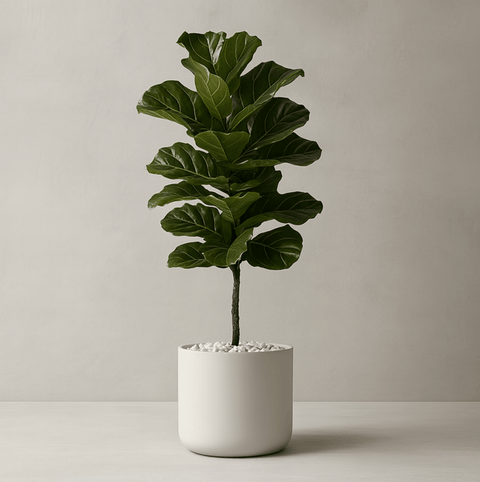
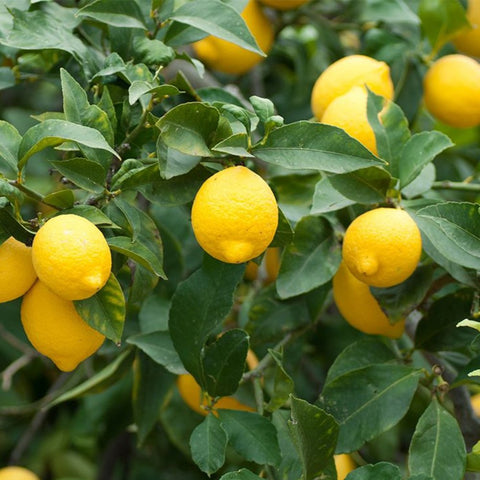

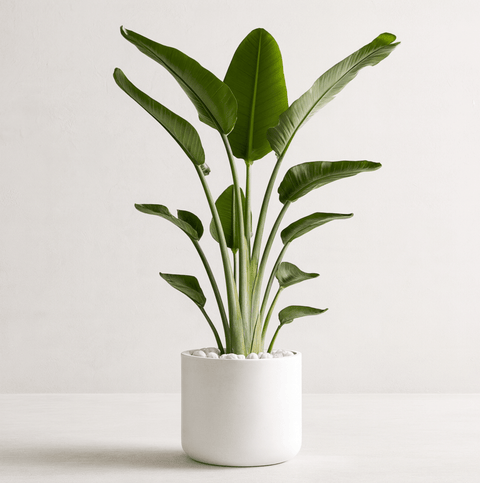

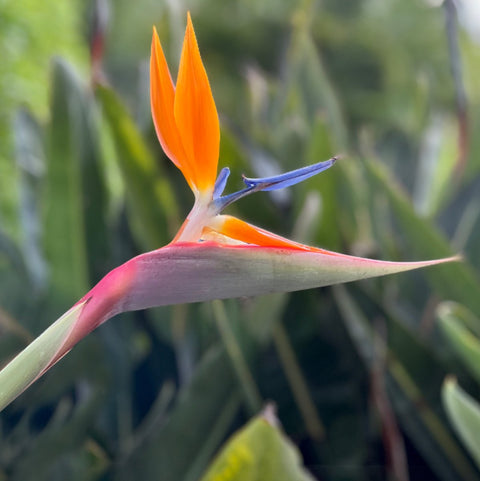

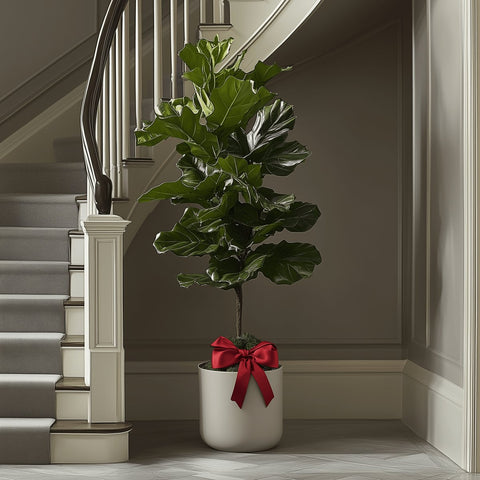


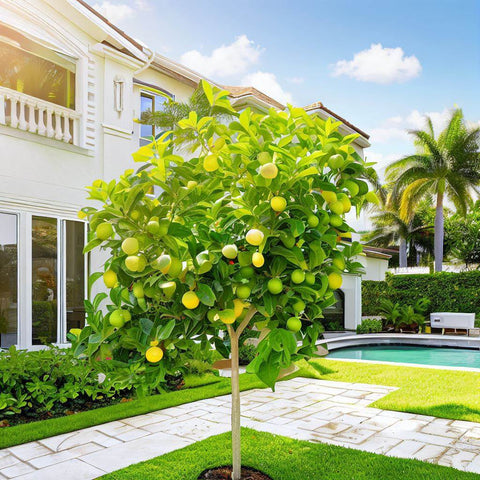



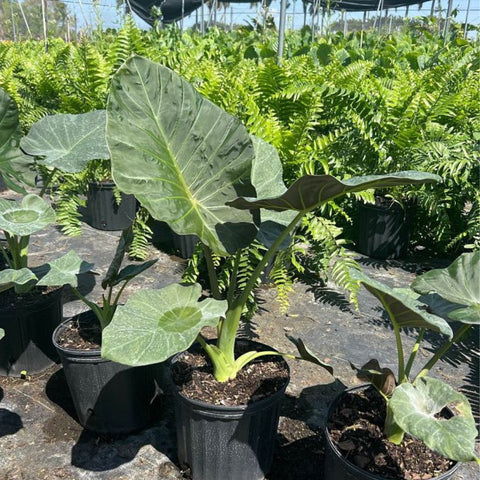












Comments (0)
There are no comments for this article. Be the first one to leave a message!